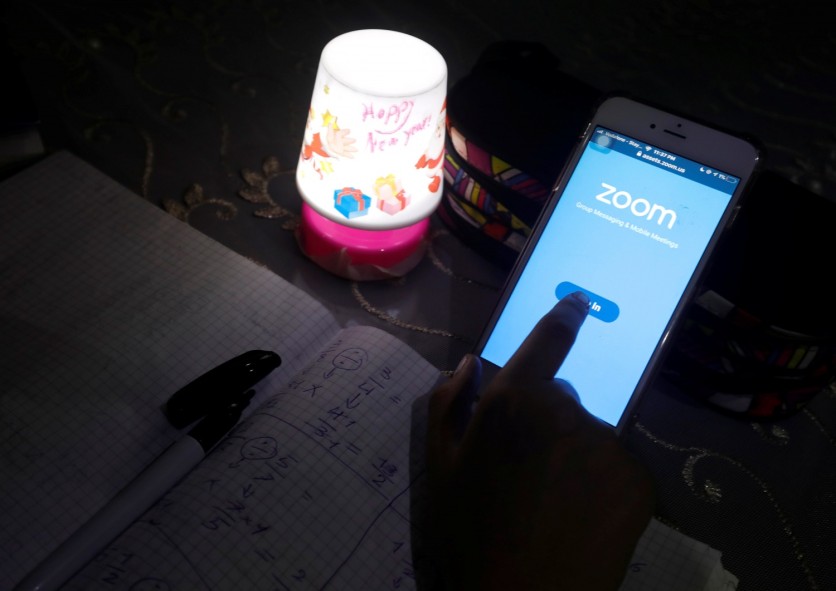A shareholder has sued Zoom Video Communications Inc for fraud amid mounting safety concerns over the popular video-conferencing app.

Zoom's and its top officers were accused of concealing the fact about shortcomings within the app's software encryption, including its alleged vulnerability to hackers, in addition to the unauthorized disclosure of personal information to 0.33 parties, consisting of Facebook Inc.
Privacy flaws in Zoom have led to the company's stock downfall
Bloomberg said shareholder Michael Drieu filed a class-action lawsuit Tuesday in San Francisco federal court. Drieu said Zoom's deficiencies had affected its stock price since last year.
According to Business Insider, the shareholder also accused the company of overselling its privacy standards and failing to disclose that calls are not end-to-end encrypted.
The suit comes after Zoom witnessing an unprecedented increase in new customers amid the coronavirus crisis.
It's a double-edged sword, though, as Zoom has ended up entangled in multiple security-associated controversies this month, likely because of the increased public scrutiny.
Zoom Chief Executive Officer (CEO) Eric Yuan apologized for the lapses. In a blog post, Yuan acknowledged the organization had fallen quick of expectations over privateness and protection.
The United States Department of Homeland Security (DHS), however, said in a memo obtained by Reuters that Zoom has been responsive to issues over its software.
The memo drafted by DHS's had a positive note about the teleworking solution, which has been beset by security worries.
Zoom follows "own" encryption modes
University of Toronto-based watchdog Citizen Lab found "significant weaknesses" in the encryption protecting the confidentiality of Zoom meetings.
Citizen Lab noted Zoom has been rolling its own encryption scheme as a part of a custom extension to the real-time delivery protocol.
The group also found pieces of evidence that encryption keys were occasionally being sent to servers in China, even if the meeting's participants were in North America.
Multiple entities banned from using Zoom, including SpaceX and Taiwanese government
DHS and FedRAMP said Zoom Video Communication Inc was responding to the criticisms and understood how serious they had been, according to Al Jazeera.
The evaluation comes with the formal advice against using the product issued on Tuesday by Taiwan's cabinet, which told its government agencies on Tuesday to prevent using Zoom because of privacy issues.
While the message is only applicable to Zoom for Government, Former White House Chief Information Officer Theresa Payton lauded the "good news."
"I see it as a pragmatic memo," Payton, who's the chief government of cybersecurity organization Fortalice Solutions, told Reuters.
She said the General Services Administration, which enables run FedRAMP, "had to say something" given the mounting disquiet over Zoom's issues.
Some schools and groups have stopped the use of the service -- including Elon Musk's rocket enterprise SpaceX, which Reuters reported had banned its personnel from using Zoom.
Zoom did not react upon the memo, reports claim. Instead, Yuan pledged to do better. "We'll double down and triple down on privacy and security," Yuan recently told CNN.




